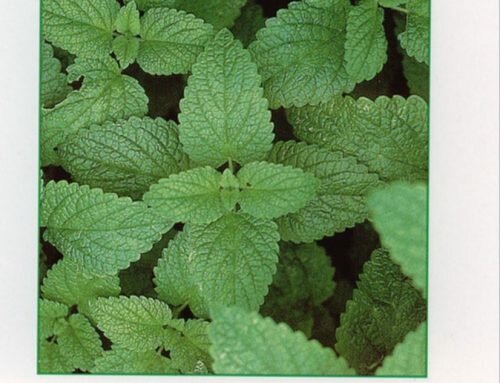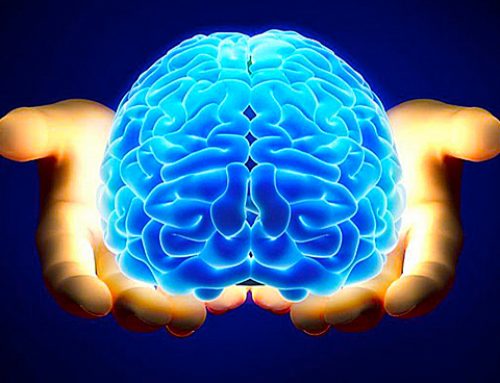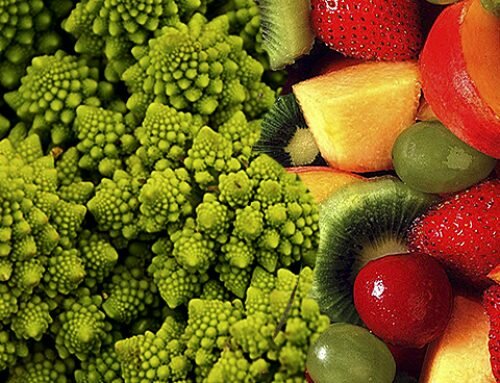Through a new study by the Georgetown University Medical Center, Washington, DC, it is seen that the high doses of purified resveratrol, a polyphenol found in certain foods, can stabilize the levels of beta-amyloid (Aß) in cerebrovascular fluid (CSF) and the plasma in patients with mild to moderate Alzheimer’s disease (AD) and is well tolerated, safe and promising.
Resveratrol is a natural compound that is found in red grapes, red wine, dark chocolate, and certain other foods, and is widely available as a supplement.
It is believed that resveratrol promotes resilience to stress, because its levels increase in plants exposed to severe cold or mushroom.
Animal research suggests that resveratrol can affect sirtuins, which are proteins that are activated with caloric restriction, which is a form of mild stress.
The study included 119 patients randomized to high-dose resveratrol pure synthetic pharmaceutical or placebo.
Resveratrol used in the study was introduced at a dose of 500 mg per day and was increased every three months, so that at the end of the study in one year, patients have taken about 2000 mg per day.
Patients with treatment-based resveratrol, compared to the placebo group, had both the blood and in CSF stabilization of Aß, especially for the fact of its passage through the blood-brain barrier.
As for the volume of the brain determined by magnetic resonance imaging (MRI), the results showed that the volumes have declined more in the treatment group compared to the placebo group, due to the anti-inflammatory and anti-oedema.
Also interesting is the fact that in the treated group there has been a decrease in body mass index.
The compounds resveratrol and the like are being tested in many age-related disorders, including diabetes and neurodegenerative disorders and Alzheimer’s disease and cancer.





